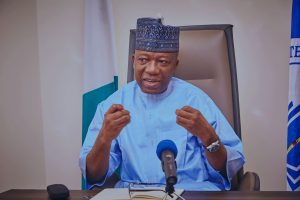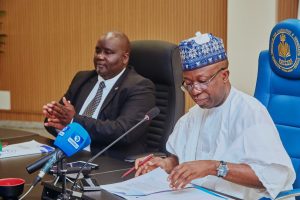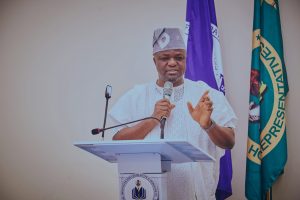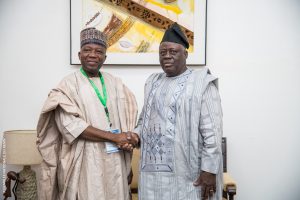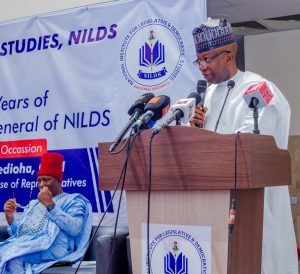The President of the Senate, Sen. Godswill Akpabio, has called for transparency, accountability and the elimination of unnecessary expenditures to cut cost of governace in the country.
Akpabio made the call on Monday at a one-day dialogue on the cost of governace in Nigeria organised by the National Institute for Legislative and Democratic Studies (NILDS) in Abuja
Represented by Sen. Agom Jarigbe (PDP-Rivers) Akpabio highlighted the possible factors contributing to the high cost of governace in the country.
According to him, the size of our bureaucracy, the escalating public service wage bills, the overhead costs of appointive public officials, the salaries and allowances of elected officials are major factors.
He said that the running of government institutions among other substantial components contributed to weighing down the economy and hindering development efforts.
“Let us hold ourselves accountable and take responsibility for the betterment of our nation.
“We have to ensure that our government operates efficiently and effectively, serving the needs of the people and fostering sustainable development.
The president of the senate emphasized the need to streamline bureaucracy, eliminate unnecessary expenditures, and ensured transparency and accountability at all levels of governance.
“We must invest in our human capital, empowering our public officials with the necessary skills and knowledge to drive progress.
“And we must foster a culture of innovation and creativity, where new ideas can flourish and transform our nation,” he said.
Akpabio urged all Nigerians to remain united, become agents of change and be committed to making sacrifices for the nation.
Earlier, the Director-General of NILDS, Prof. Abubakar Sulaiman said that the efficiency and accountability of governance directly impacted the prosperity and well-being of the nation.
He said that the dialogue provided an opportunity to holistically re-evaluate the approach to governance and the viability of the parliamentary system as a cost-effective alternative to the current presidential system of government.“The overall aim of the dialogue is to collectively chart a path towards fiscal prudence, transparency, and accountability that encapsulates stakeholder perceptions drawn from across civil society.
“These will constitute a part of the overarching governance roadmap and interventions of the current administration under President Bola Tinubu, who has shown an unyielding commitment to implementing the recommendations of the Oronsaye Report, and reducing the cost of governance.



